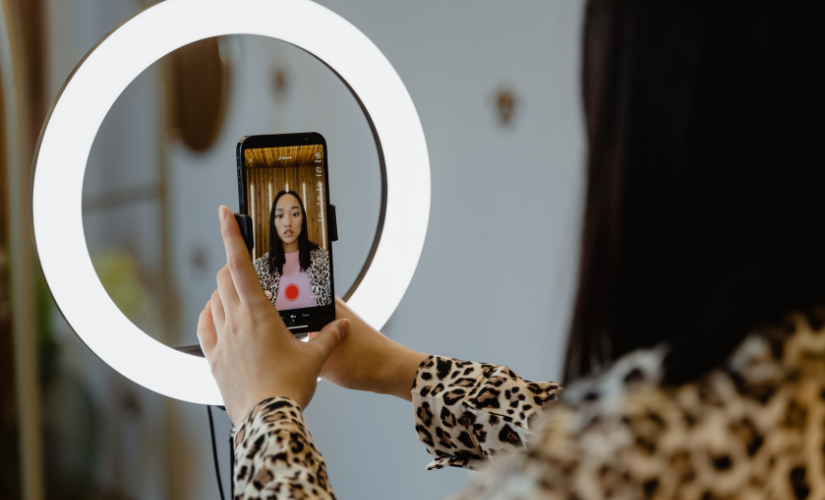Social media has become a cornerstone of marketing, with it being the primary way of communicating and connecting with consumers. Being able to interact with consumers and establishing a sense of camaraderie between them and the brand is where UGC comes in!
So, what is UGC and why is it so important?
UGC stands for User Generated Content and is an incredibly valuable form of marketing because it relies on word of mouth and the opinions of real people instead of paid advertising. This can help to build trust and authenticity with consumers, because people are sharing genuine viewpoints. UGC can appear less curated than normal branded content, which further reinforces the ‘real’ aspect of this marketing style. One brand that used UGC to build a loyal consumer base is Lucy and Yak, who share photos and reviews from genuine customers as opposed to larger influencers, which emphasises the authenticity of the brand.
A 2024 survey found that 79% of people believe UGC highly impacts their purchasing decisions, and that UGC is 20% more influential than other forms of media when making a purchasing decision. Evidently, cultivating UGC is crucial in building a successful brand. This is especially relevant during the current cost-of-living crisis; if someone is buying something, they want to be sure that it is good quality or exactly what they are looking for, and are therefore less likely to take risks on unknown products.
However, UGC isn’t entirely without risks. There is no controlling whether the content that gets shared is positive; while you can hope that it is, if a trusted voice suggests that something isn’t good, their opinion will inevitably be considered by consumers. Hashtags can also get hijacked; once a hashtag starts spreading, it will often just be leapt on to share any content, and risks drowning out the specific product or service a brand is hoping to promote.
Who really understands UGC?
One industry that has embraced UGC is the publishing industry, and with the rise of Bookstagram and Booktok, UGC is everywhere. There are large online reading communities for varieties of genres and interests, and these pages promote a range of content from pretty books, reading recommendations, reviews and other book related topics. On Instagram, #bookstagram has been used over 110 million times and #bookstagrammer has been used over 21 million times, so there is a huge amount of UGC being created and shared across the platform.
Some UGC can be prompted by company involvement. In the case of Booktok, this can encourage UGC to be generated for a specific book. For example, publishers will send out a limited number of copies of an upcoming book to a select number of influencers who will start to generate excitement. Audiences in the surrounding online space will also get involved and start posting about it, such as in anticipated releases or enjoying a pretty cover, snowballing into a huge event. This happened with books such as Fourth Wing, which really took off in popularity thanks to Booktok and Bookstagram; every stage of the release was built up and, following the release, everyone wanted to share their opinion on the book – or just join in on the hype! Another trend that came from UGC and that the publishing industry have adopted is marketing a book through a trope breakdown, allowing for readers to identify tropes that they enjoy and are able to find similar books.
So, is it worth it?
Yes, absolutely. UGC is an incredibly powerful tool to have in your marketing toolbox and, if it can be cultivated, it’s worth it. Not only because this is content you are not paying to create, but because it is so influential in the purchasing space. Embracing UGC showcases a brand’s confidence, as it shows that they welcome feedback and authenticity and are assured in their product.
.webp)


.png)
.png)
